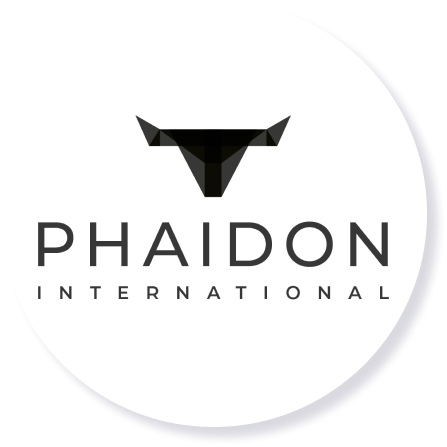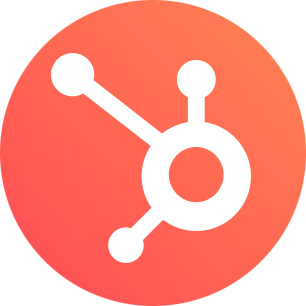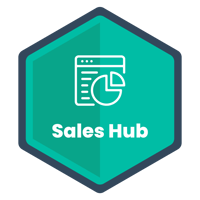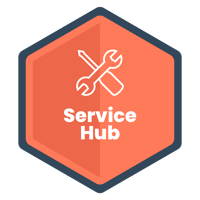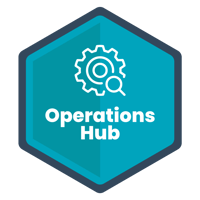Phaidon International
Founded in 2004, Phaidon International is the parent company of six recruitment brands. As a global recruitment firm, Phaidon International seeks out, attracts, and secures talent for its clients.
With 12 office hubs all over the world, Phaidon International had to set up processes to connect their different teams to one global CRM. HubSpot, their CRM of choice, had to be connected to Mercury, their applicant tracking system (ATS).
Their team needed an advanced CRM and data structure that could provide accurate and actionable data that would enable them to make more successful business decisions and enhance their growth potential.
Phaidon International worked closely with us to review its current company processes and share a plan for optimising HubSpot and connecting disparate systems. This helped facilitate growth by giving the company clarity on its data and processes as well as automating repetitive tasks.
Understanding the business case
Our partnership with Phaidon International began by meeting key stakeholders in London for a workshop.
The in-person workshop offered a high-level overview of how our agency would work together to optimise HubSpot, connect disparate systems, and create marketing and sales alignment.
To align each team on the outcome of the project, we interviewed end-users, and managers in both sales and marketing, and distributed a company-wide survey.
To achieve our overarching goal, we first had to break down the session into digestible pieces. The goal was to create an implementation strategy to facilitate transformational change and meet implementation deadlines. We needed to understand:
- Phaidon International’s requirements
- Their client and candidate journeys
- Where friction points existed across marketing and sales.
The Challenge:
The unique Phaidon International brands each had their marketing strategy set in place. There were millions of records in various excel sheets and files associated with their legacy applicant tracking software, Mercury. The platform Mercury was originally built as an extension to their Microsoft Dynamics CRM and was initially built without many of the common data validation processes.
Phaidon International had unstandardised data and needed a data cleanse to better enrich that data, allowing them to build segmented mailing lists, pull reports, and have a single source of truth for their customers across all 6 brands.
To improve marketing and demand generation, the team needed a modern CRM system that could be integrated with their custom ATS setup. They also needed a solution that would improve marketing and sales alignment, in addition to improving data quality.
Creating the Ideal Customer Profile (ICP):
We developed Phaidon International's ICPs using information from a series of initial stakeholder interviews and the team survey. From there, we determined which customers were a "no-fit", "workable-fit," and "complete-fit" for each brand.
Our team focused on offering a strategy that enabled Phaidon International to improve demand generation and score new candidates based on “fit”. As a result, their sales teams could focus on the right areas, and revenue goals would be met with greater ease.
The last step at this stage of the workshop was to identify the data story from when a candidate is created inside the CRM, to when a candidate is selected as a potential fulfilment for a client role, and finally to when they are ready for placement.
We needed to map the HubSpot objects that were going to be used, alongside the objects from their legacy ATS system, Mercury. Phaidon International is a global recruitment agency, so their sales process includes both Candidates and Clients. Both lifecycles can enter the system in multiple ways and end with a successful placement.
Sales and Marketing Alignment:
We needed to ensure processes were built in a way that worked for all parties. With the input of key stakeholders, we finalised naming conventions, user permissions, what makes a good lead, metrics, and the handover process from marketing to sales.


APIs and implementation
Phaidon International is a large company with over 4 million contacts in its database. They have several distinct brands working globally. The brands under the parent company needed to speak to each other and offer a single source of truth.
In addition to the data records, Phaidon International operated on a Microsoft dynamics based ATS, Mercury - a custom solution that was originally built out with many esoteric specifications. After implementing HubSpot, we then had to map a middleware solution to connect the CRMs. Contact signals needed to be transferred through automation.
For example, when a potential candidate submitted a HubSpot form on the Phaidon International website, this contact information needed to be automatically inputted into Mercury.
HubSpot was used to enrich the data within Mercury by collecting additional details through marketing nurture workflows.
To improve reporting, data had to pass bidirectionally for aspects such as options and deal revenue.
The middleware solution that we created had to be built and tested to ensure no adverse impact occurred for the 6 brands operating under the parent company. The solution also needed to withstand the bandwidth of 4 million records pushing changes across systems. -png.png)
While building the middleware solution, we worked closely with HubSpot Elite Partners to offer additional support for a large scale data cleansing project.
Full roll-out
Once the systems were set up and aligned, the next step was to offer the training to ensure Phaidon International could continue supporting and using HubSpot, Mercury and the API middleware we created.
Implementing a new system won't change the processes. This step requires training and support. And for Phaidon International, it resulted in £75K in annual savings.
We started with an initial pilot team training and later engaged in a full team training session for each business unit across each region. This was then followed up with several refresher sessions over the course of several weeks. The team needed to become fully accustomed to the new system and way of working.
By the end of the sessions, Phaidon International's team members were fully confident in administering the system proficiently. We are continuing to build user manuals that will assist new hires with future onboarding and that will map best practices.
Which CRM platform is right for your organisation
Check out our free guide
Learn about the differences between HubSpot and Salesforce to determine which solution is right for you.



